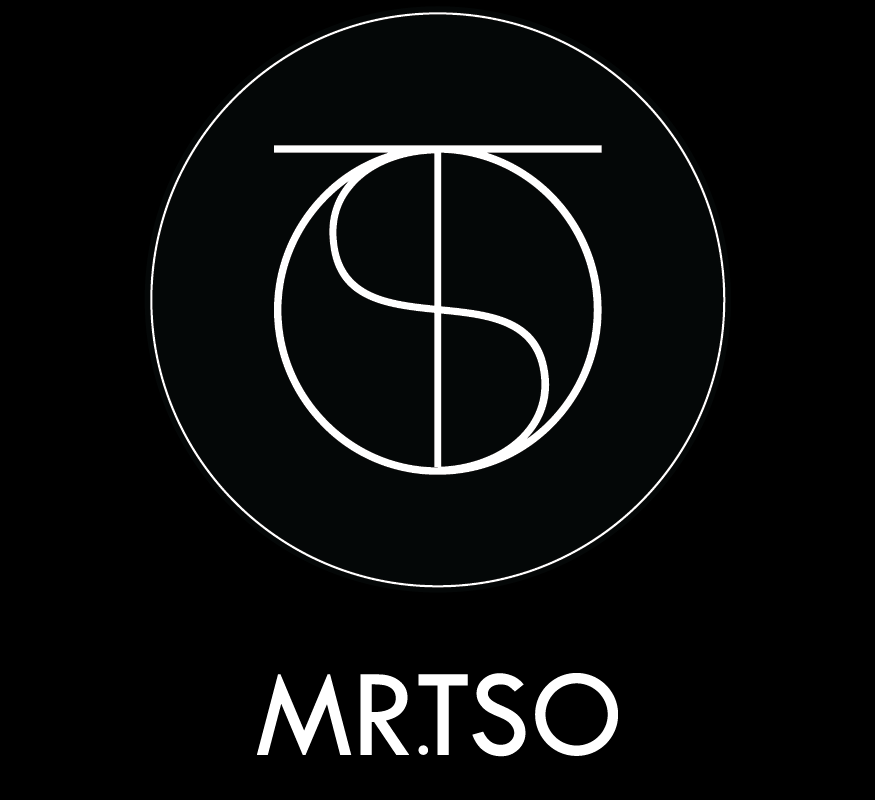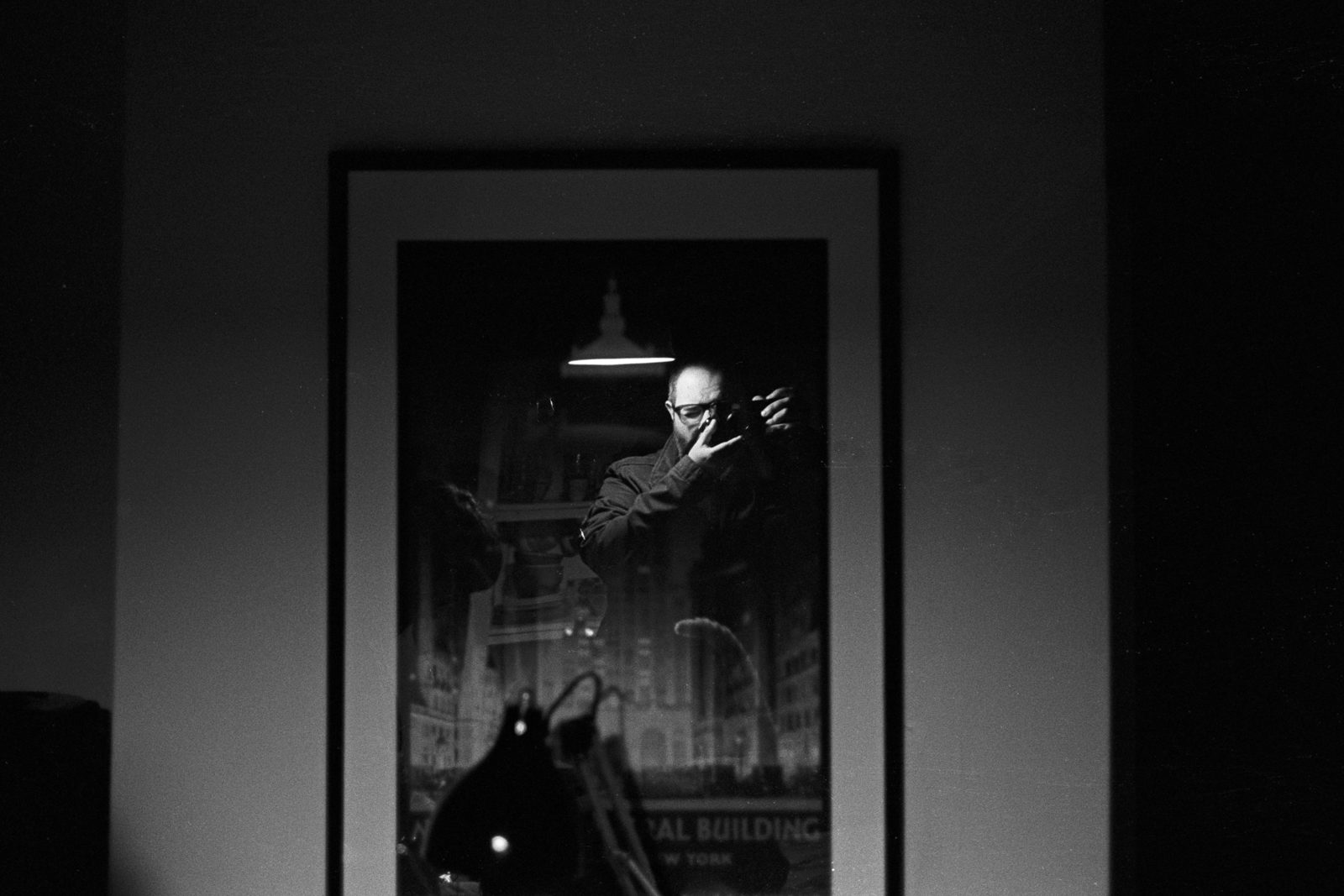This is a fairly long post. It is a post about “first world problems”. Hahaha. Camera and photography decisions. Equipment, lenses, photography mediums. It is fun to take these things very seriously, because obviously they are not important. Not really. I mean, you could shoot awesome photos with any camera and terribly boring ones also. There is no such thing as “bad” and “good” cameras. Only personal preferences. Obviously, I am not talking about professional photographers (or wedding photographers for instance) who need to produce specific results. Indeed, for “professional” photography, where the results are quantifiable (where clients may need giant crystal-clear prints of low-light shots for example), then there might be some cameras that are “better” than others. But, for people who just enjoy photography as a personal endeavour, it is strictly personal. Whatever works best for each person, that’s the best camera.
Last year, I bought a Leica Q. After extended research and deliberation, I concluded that–at least on paper–is seemed like the perfect all-around camera. And, indeed, having used it non-stop for 7 months, it really is almost perfect. Apart perhaps from a minute lack of dynamic range under certain very specific (and usually harsh) lighting conditions, the camera is a great size, has an AWESOME summilux 28mm lens, produces great colors, has lightning fast autofocus that never fails, has amazing high ISO performance, no visible distortion whatsoever, and handles beautifully. After having used it so much for these 7 months, I can safely say it is the best digital camera I’ve ever held in my hands. Here are a few recent shots with the Leica Q:
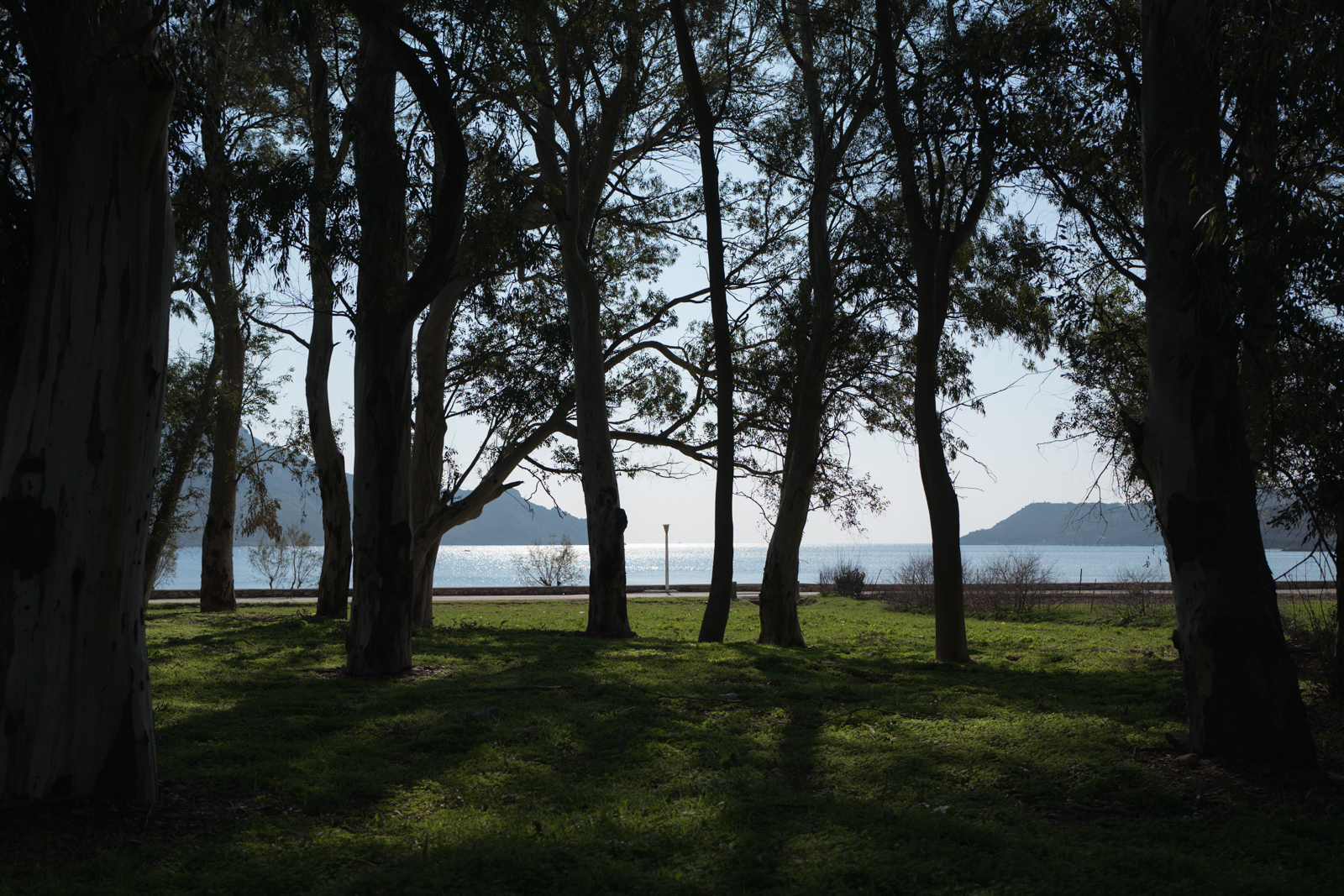
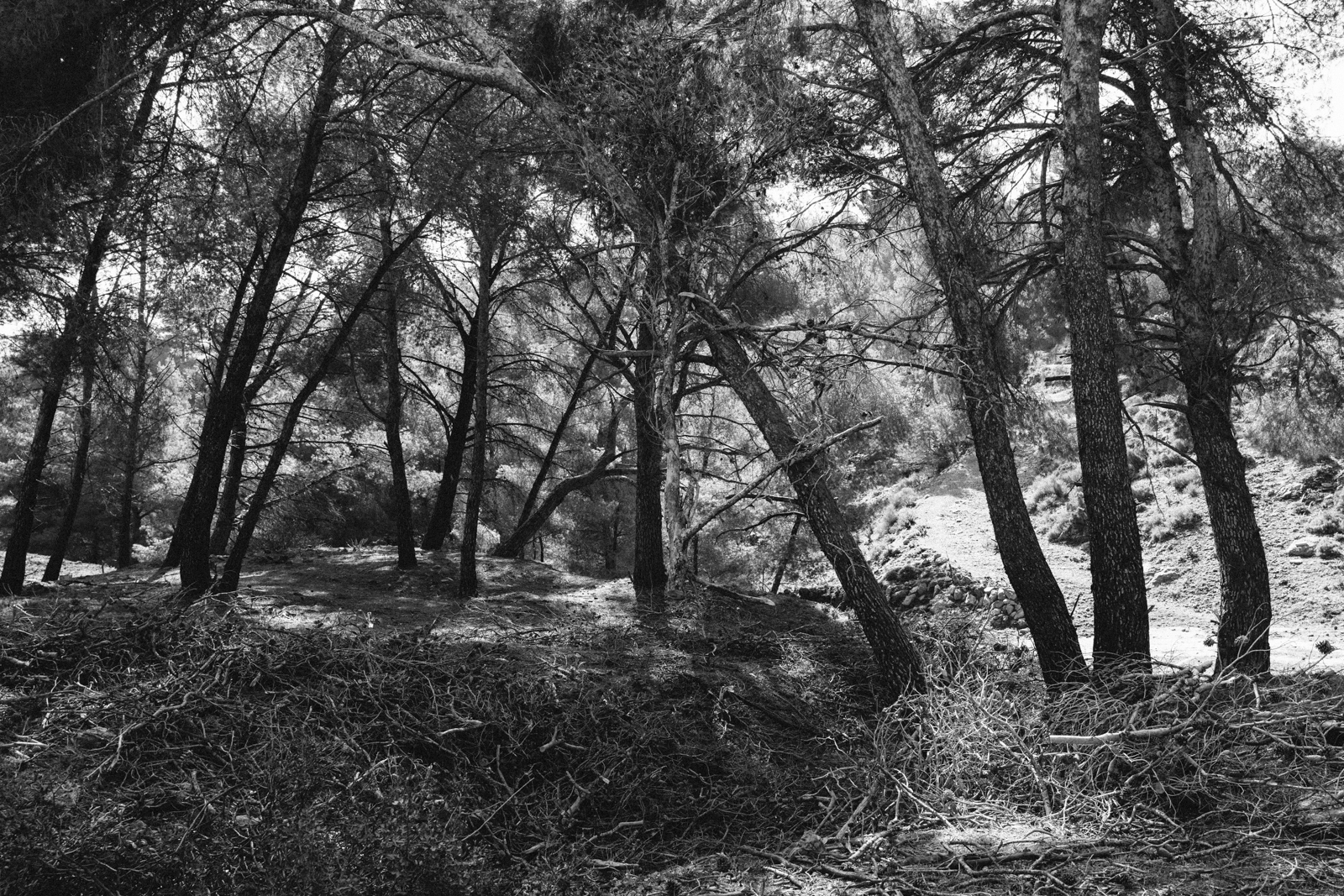
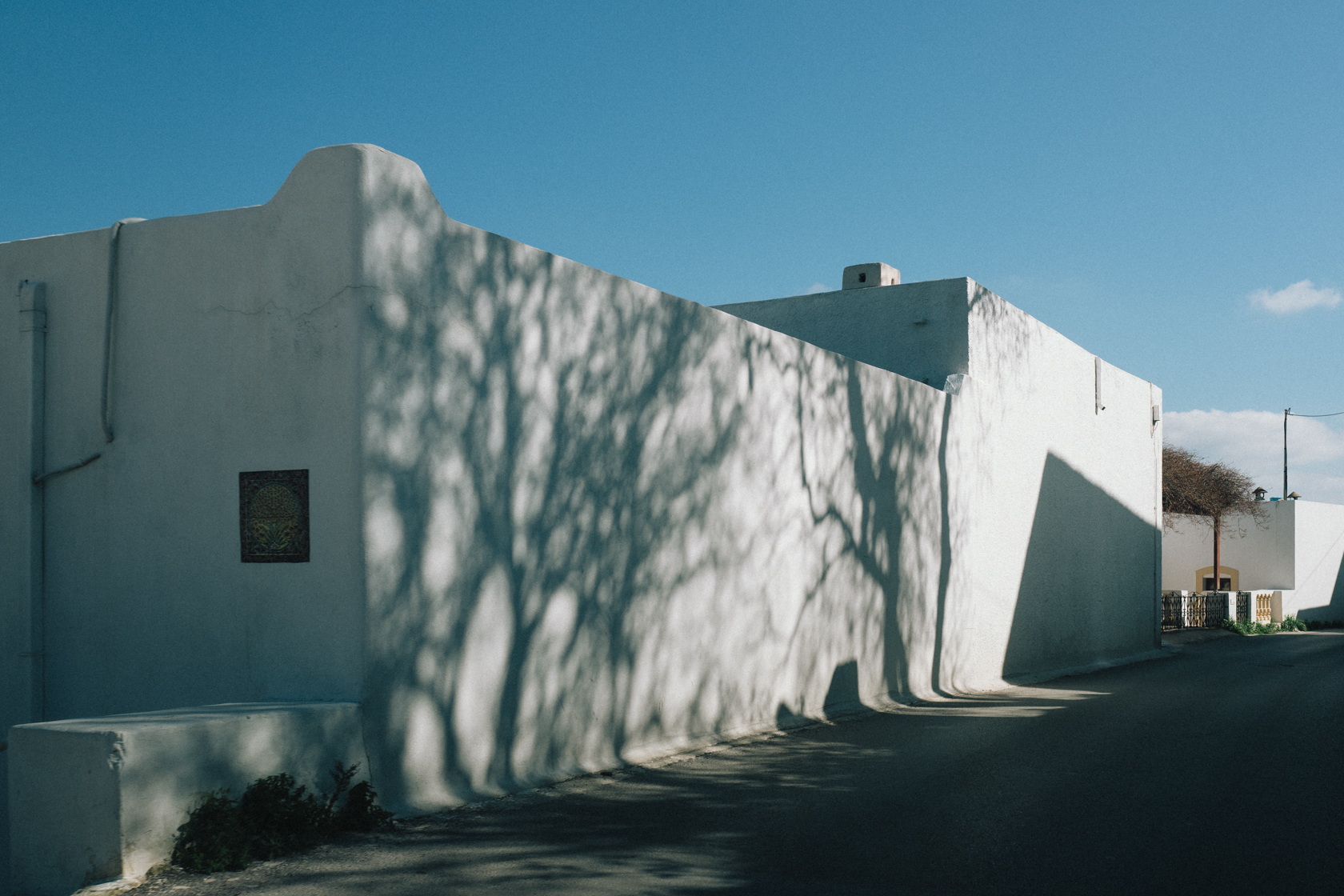
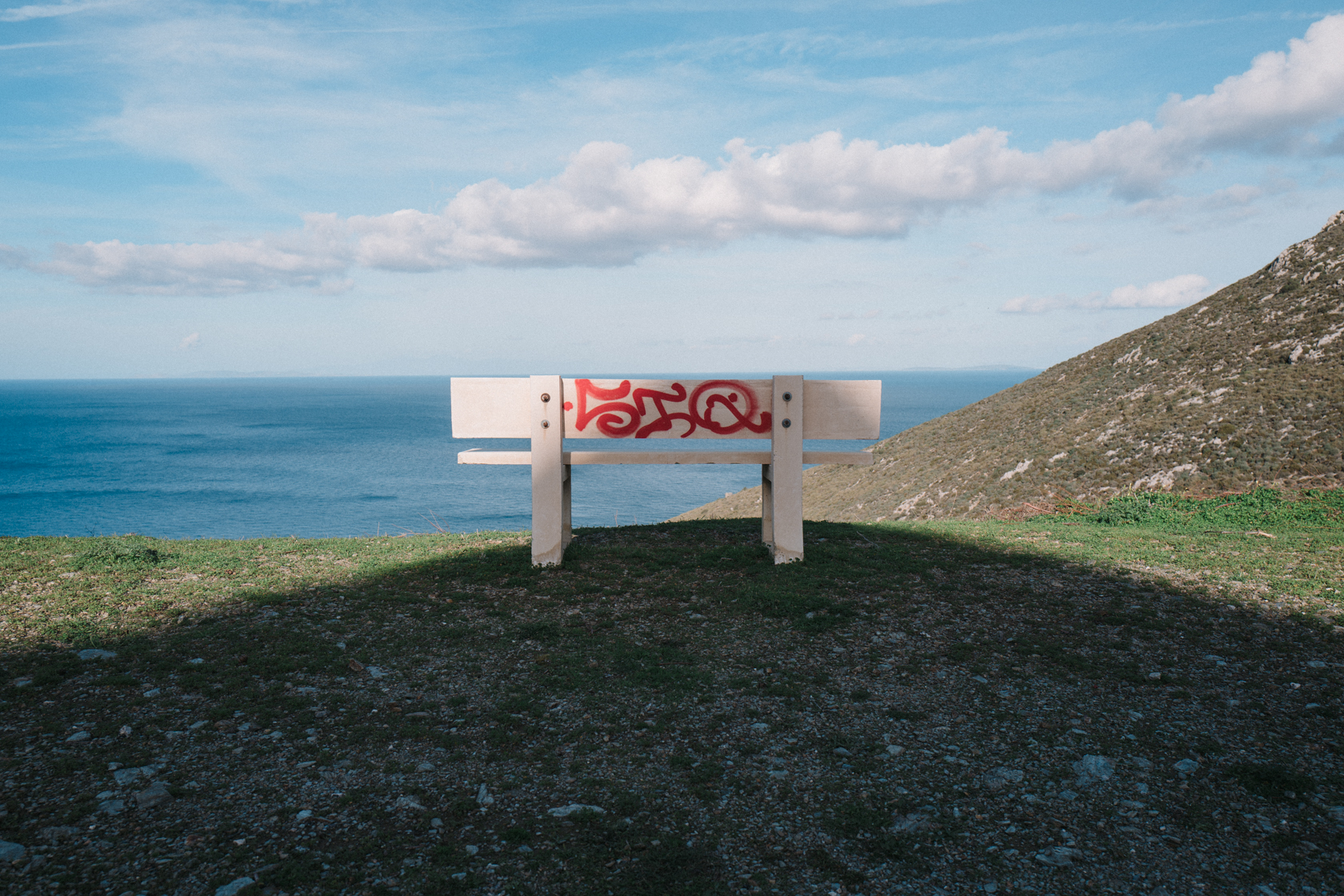
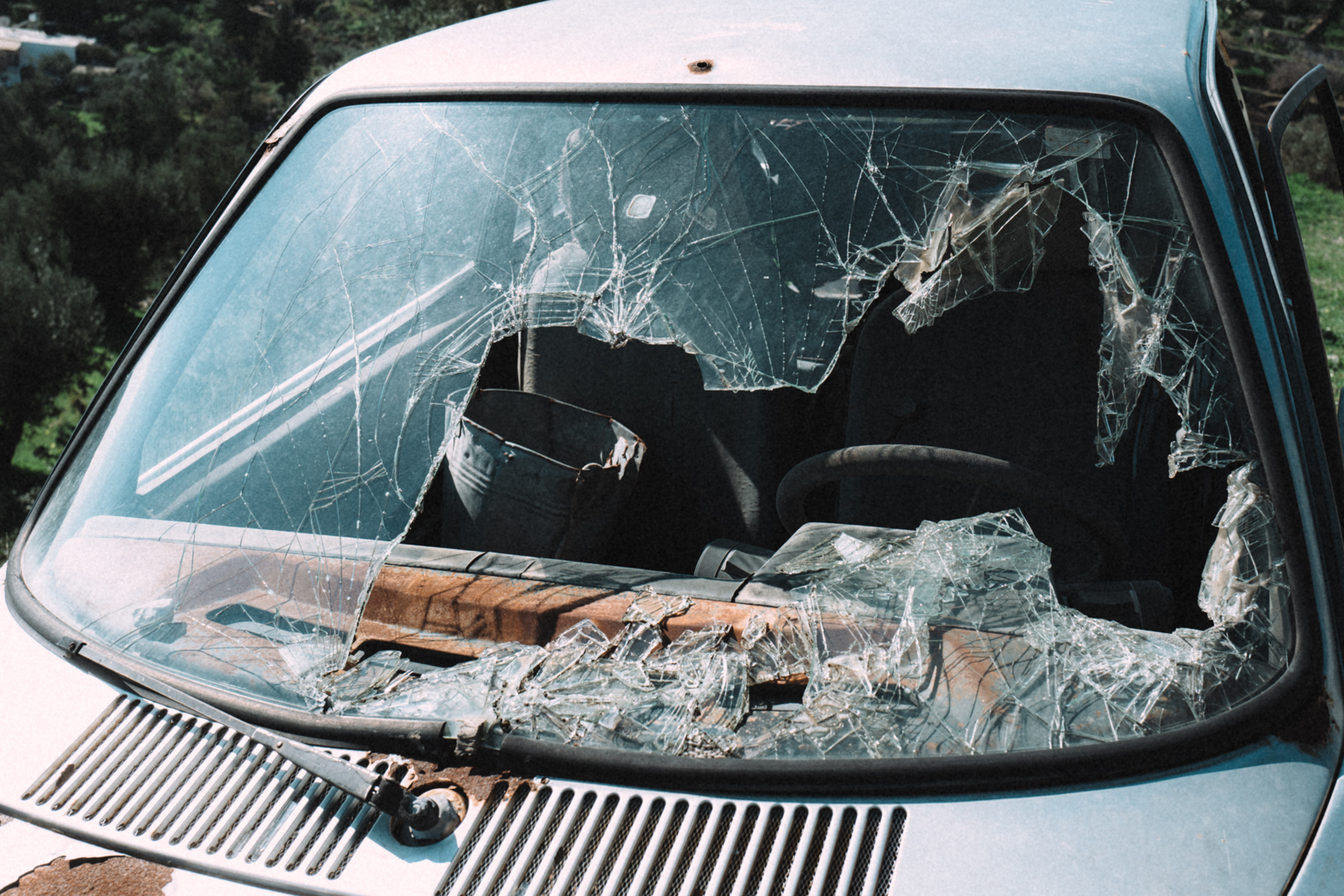
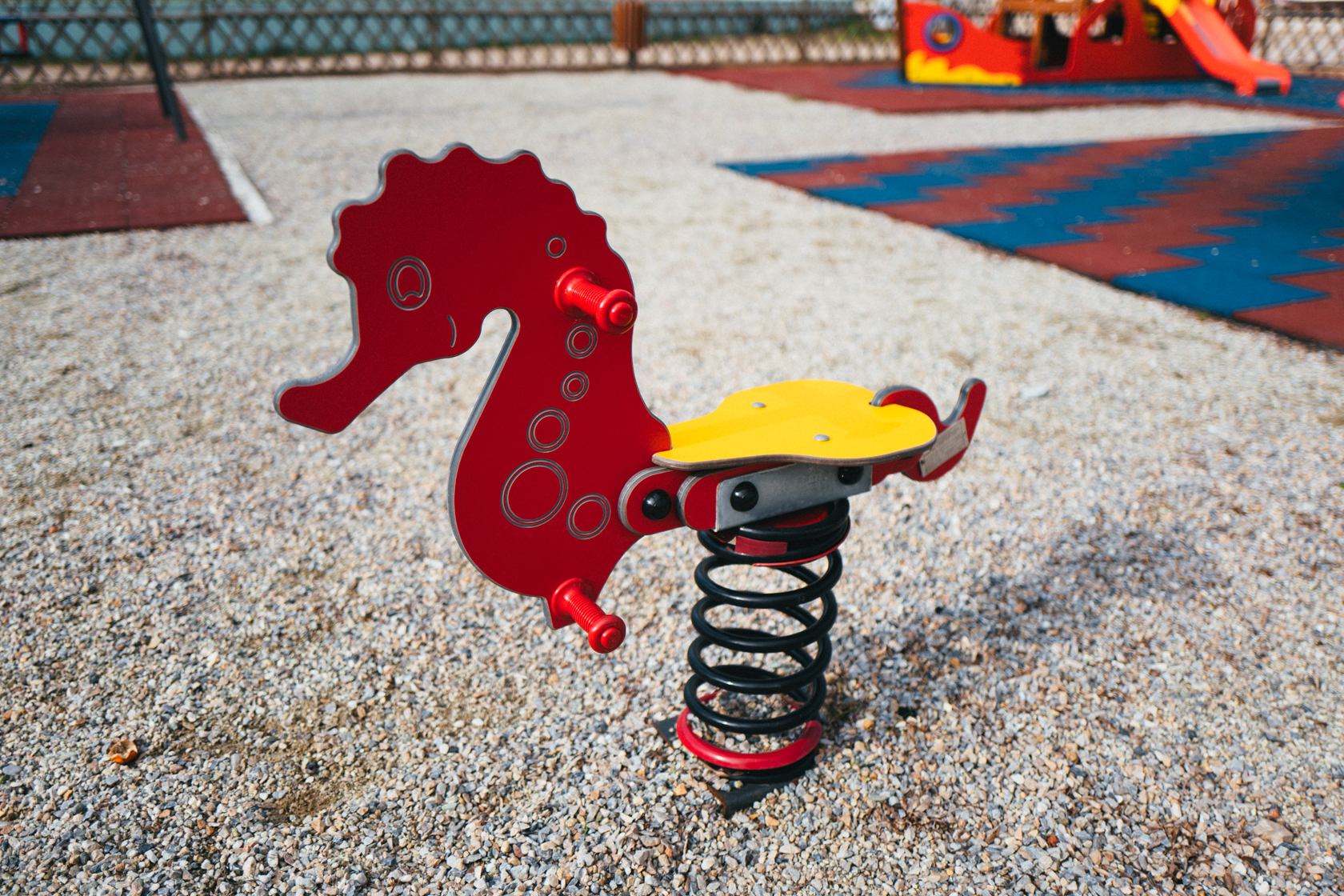
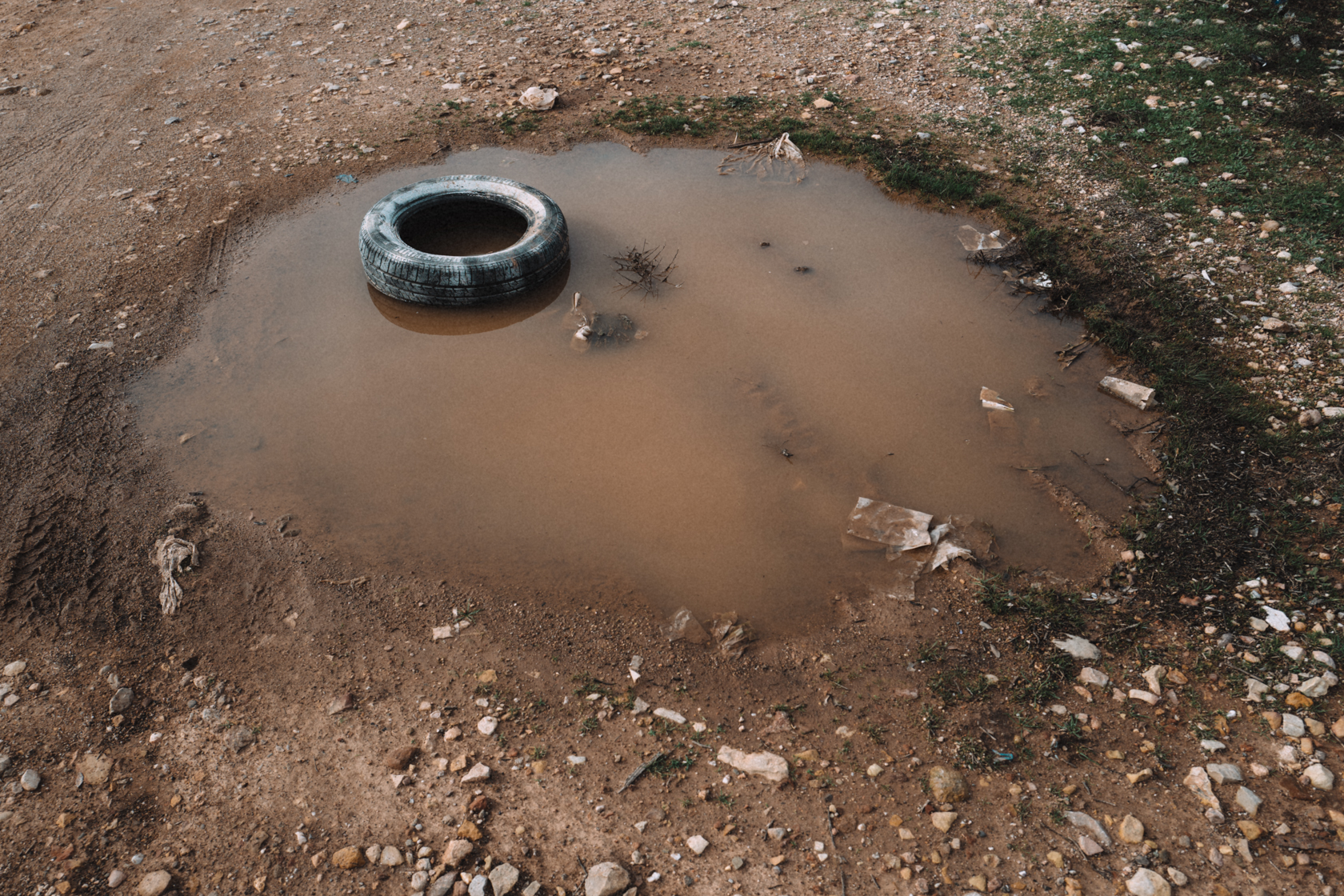
Nice right? Of course. They look great. After a few days with the camera, I started settling down to a sort of standard workflow for the Q images in Lightroom. I used some film presets as a starting point (like I’ve always done with cameras like the Nikon D700 and the Ricoh GR), then adjusted things like curves, contrast, etc. After the first few months of edits, I started adding more and more grain to the images. But, the moment I realised that something was wrong with my relationship with the Q, was when I started seriously decreasing sharpness and clarification to make the images seem more “real” to me. And they did for a while, until I realised that what I was doing was (mildly) demented. I was clearly trying to simulate film and failing miserably (when pianos try to be guitars, like Tori said). There was nothing wrong with the Q. It performed exactly like it was designed to. The problem was with me, and my choices. Especially when it comes to color photographs, since I am colorblind (red-green protan), it is literally impossible for me to successfully apply complex color edits. To make a long story short, a few weeks ago, I decided to make my life simple again and go back to film. Film is what I grew up shooting, it is still what looks “real” and “deep” to me. Plus, I mostly enjoy black and white (which I can see fucking perfectly, even with my colorblindness) and, even with the color film, I don’t need to make any complex color edits after I scan a negative.
It is true that I am a camera nerd. I’ve spent countless hours reading and learning about different cameras and I’ve owned many, many different cameras and lenses. But I do not believe in “collecting” things. I’ve never thought about it as having a “camera collection,” but as cameras (which I use). Like I’ve never thought of my records as my “record collection,” but as the music I love to listen to. So, no matter how much I may like a camera, I never keep it if it doesn’t really get used. An example of this is the Nikon 35ti. When I bought the Q, which was to become my main camera, I also bought a 35ti to double as my “small portable film camera,” to carry along with the Q. Again, I THOROUGHLY enjoyed the 35ti, and the images it produces are truly delightful (check this post to see what I mean), but after using it for a while, it was clear to me that I’m not a compact camera kind of guy. Even with the 35ti’s extensive controls (for a compact, compared to something like the mju ii) things were just too random for me and, wearing glasses, I could not see much through that tiny viewfinder (which is quite bigger and clearer than most compacts). So I sold it. I am also selling all my good voigtlander glass for Nikon, since I’m not going to be using a Nikon anymore. The only thing I’m keeping is my trusty F3, handed over to me by my father, with a 35mm f/2. I’ve invested back to film and I couldn’t be happier. And, as always, I prefer to only own and use ONE camera.
So, this week, I got my brand new Leica M7 (a 2002 mint model with an updated MP finder), a 1977 35mm Summicron V iii and a 2018 Voigtlander 50mm 1.2 asph. The 50mm hasn’t arrived yet, but, after having used many voigtlanders in the past, I am certain it will be awesome. I’ve owned a Leica film rangefinder before (M6 with summicron 35m V iv, which I sold about 6 years ago), so I was certain that I wanted an M7 (with aperture priority, like my F3) and a different summicron. The version iv may be the “bokeh king” but it’s got to many plastic parts and often needs servicing (which is not easy or cheap from Greece). Since I’ve now invested in the M7 and the Leica M mount system, I will most definitely also be selling the Leica Q, since it is not going to be used as much. For me, there can only be one everyday camera. One camera that you always take along with you. Since I’ve already got the glass, I will probably end up buying a cheaper, used digital M body (an M9 or M240), so that I’ve still got the digital option available, but there’s no hurry for that. For now, I’m just happy to be back to film. Life’s good.
Even though I prefer HP5, I decided to break the camera in with a couple of Tri-X films, going for the classic combination of Tri-X @400 with D76 (10 mins & 10 seconds at 20 degrees Celsius). I was not disappointed. Take a look:
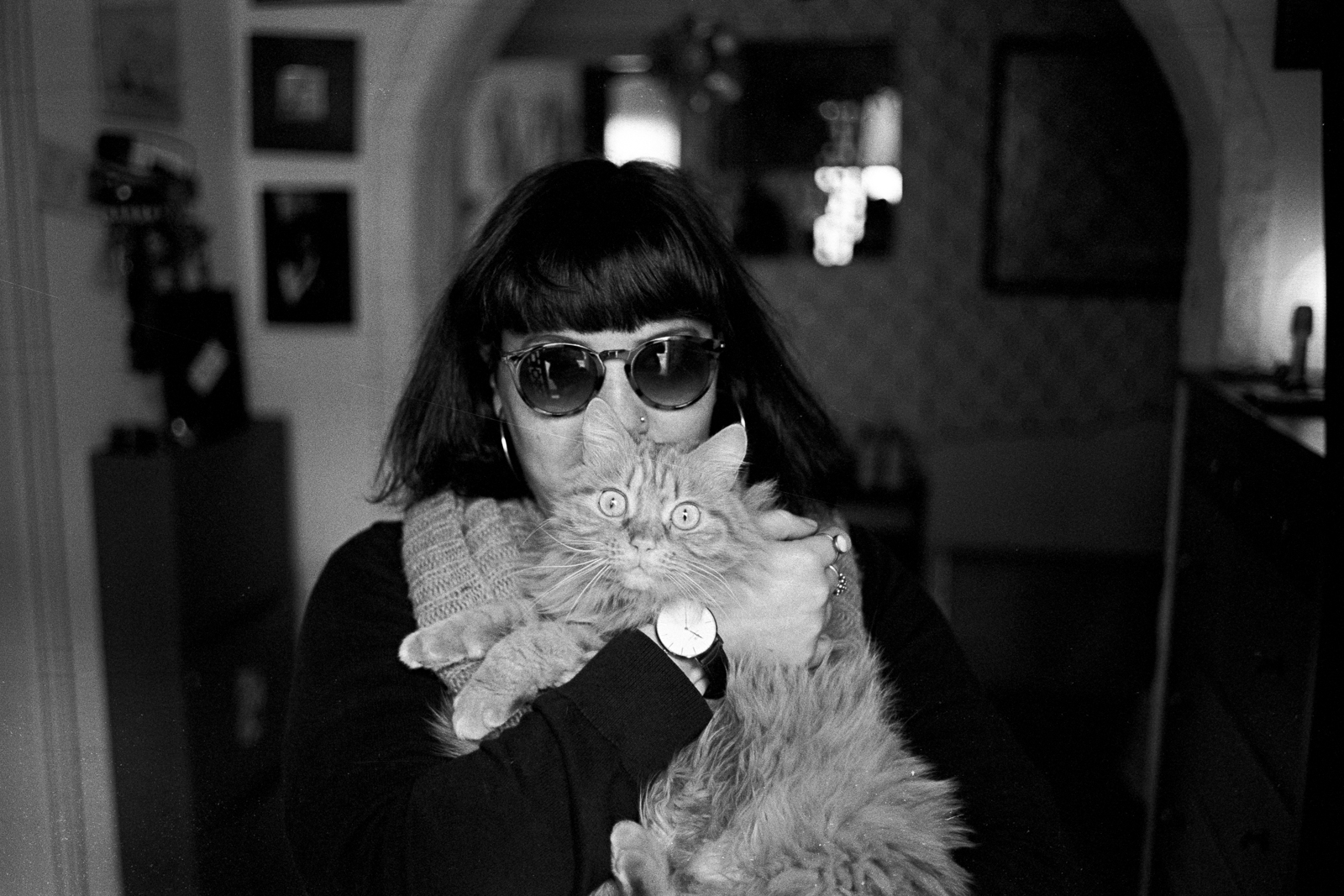




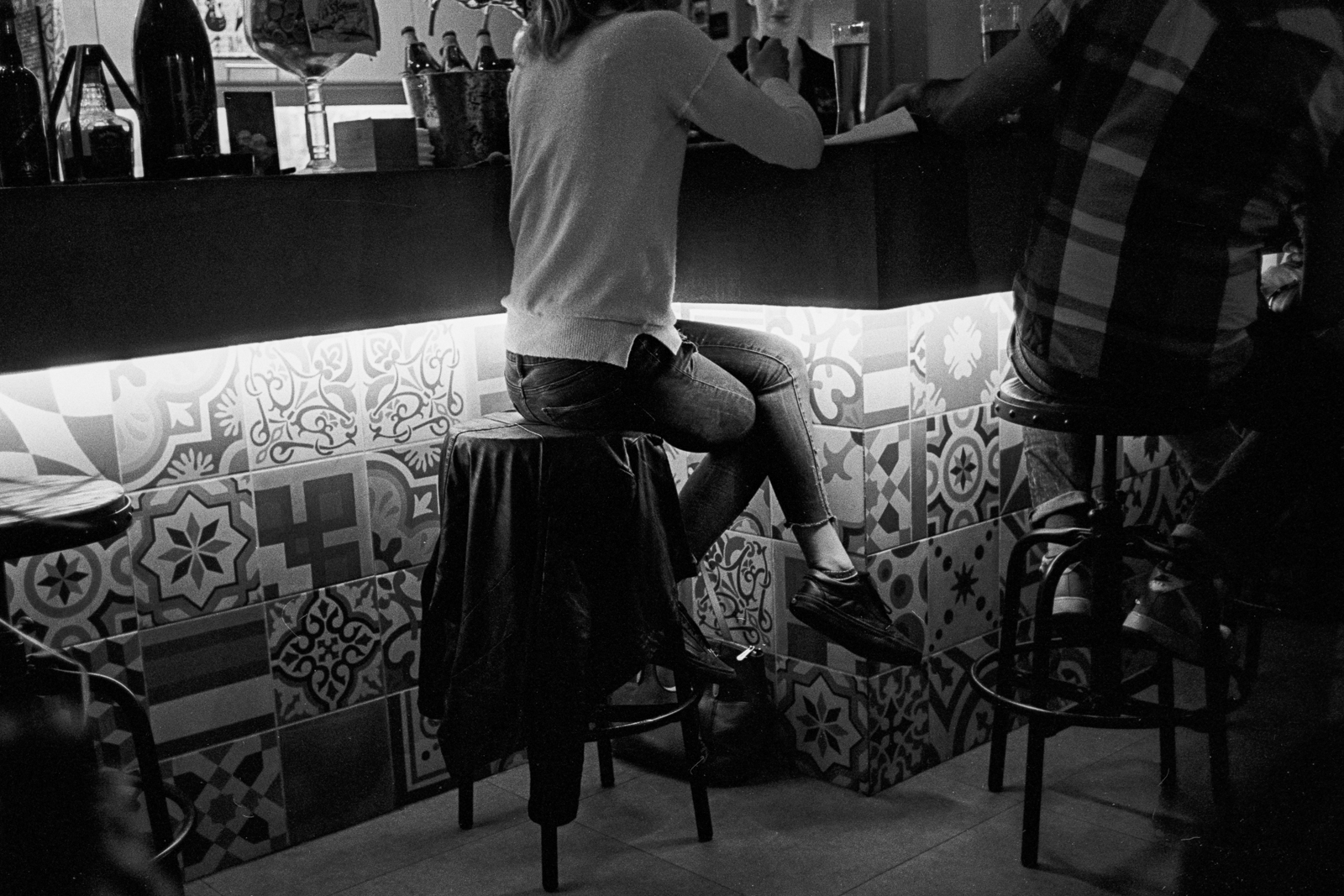

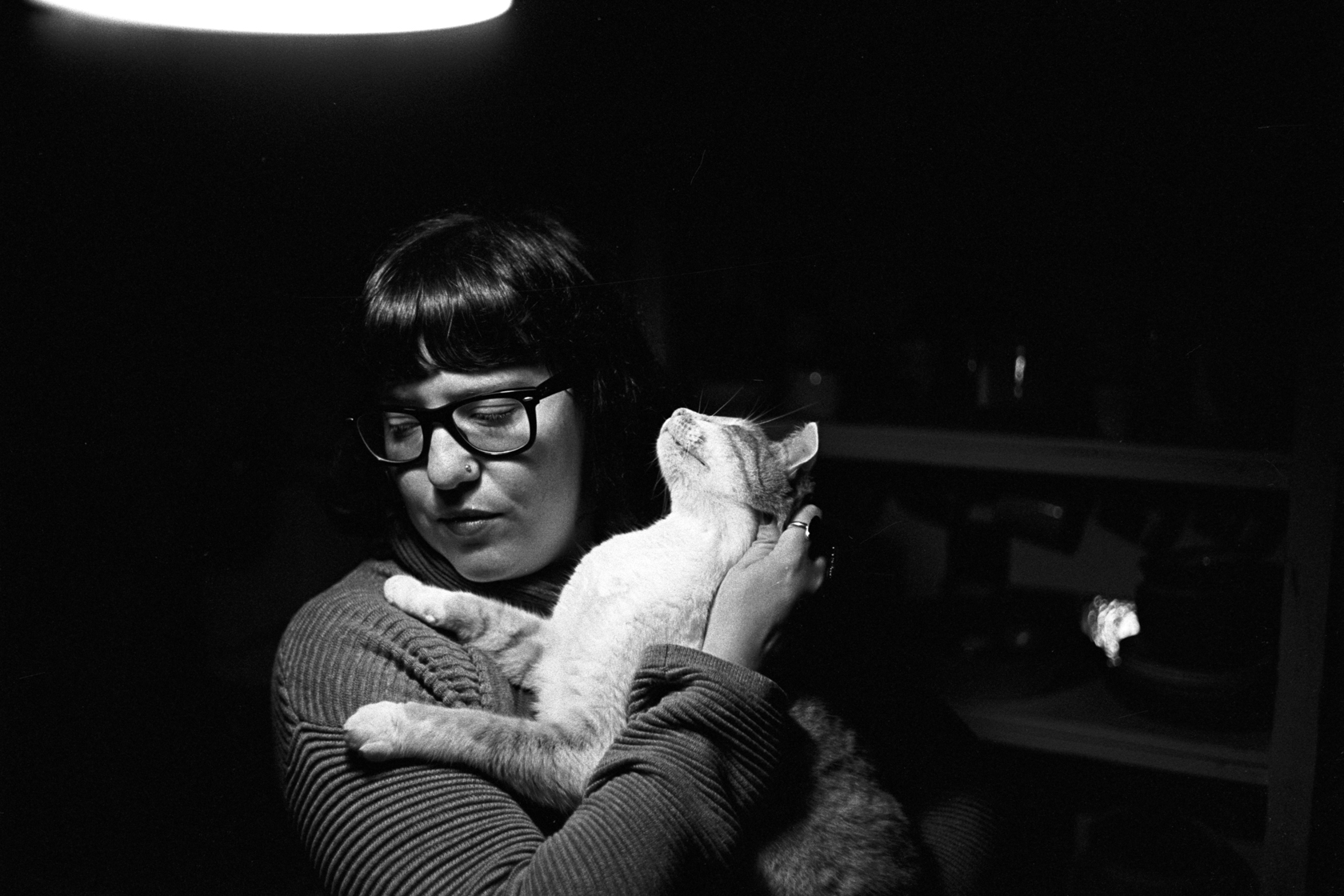
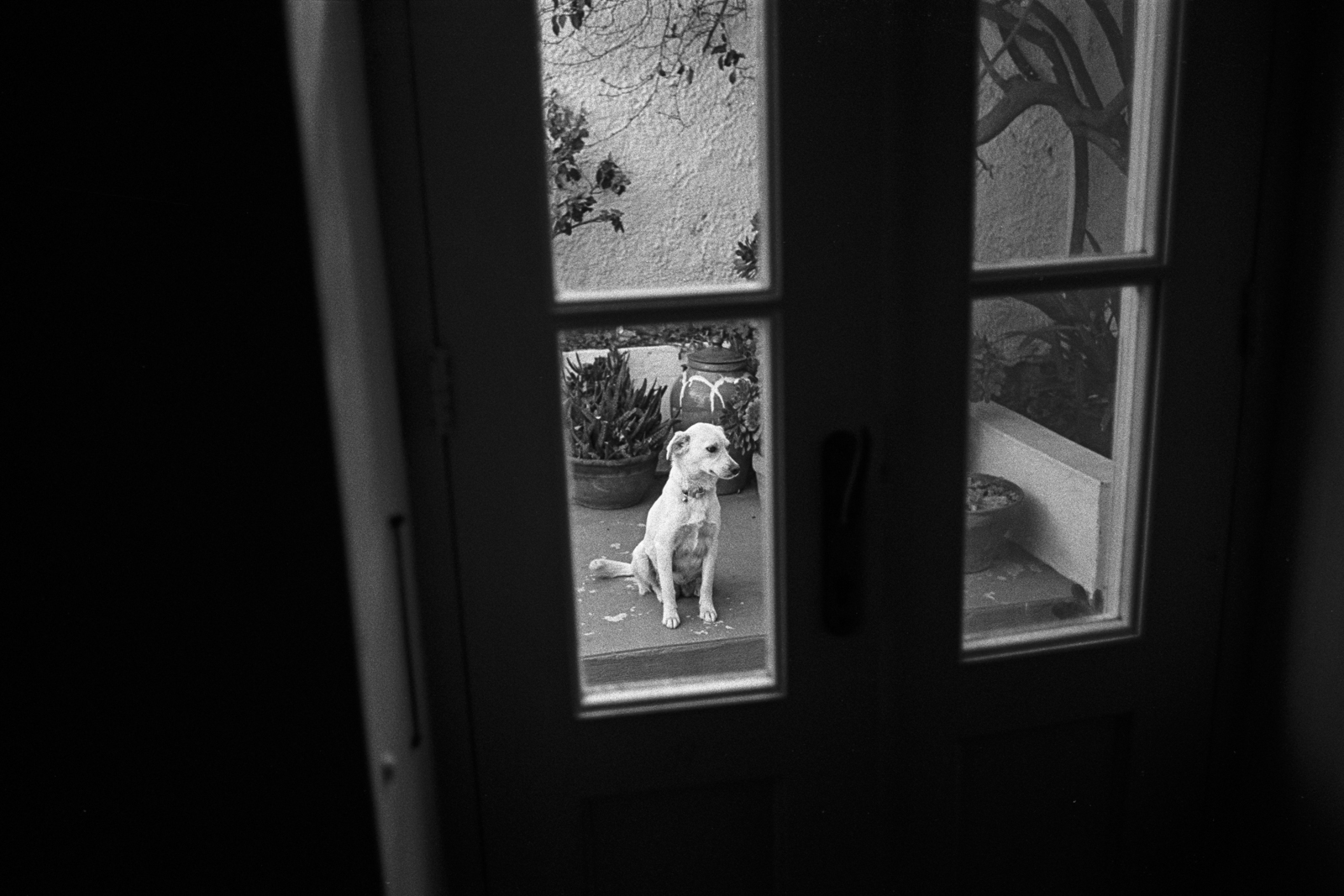
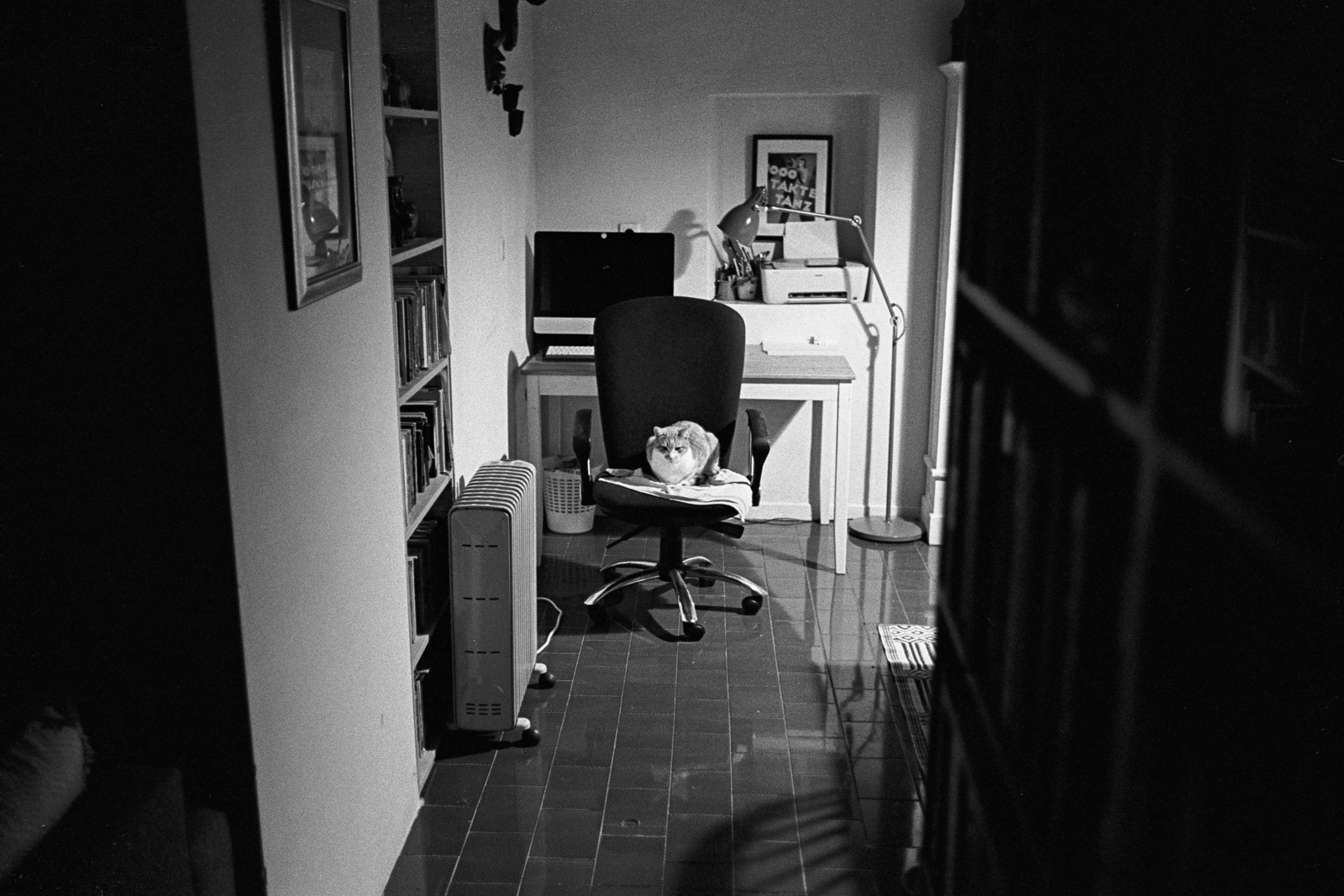





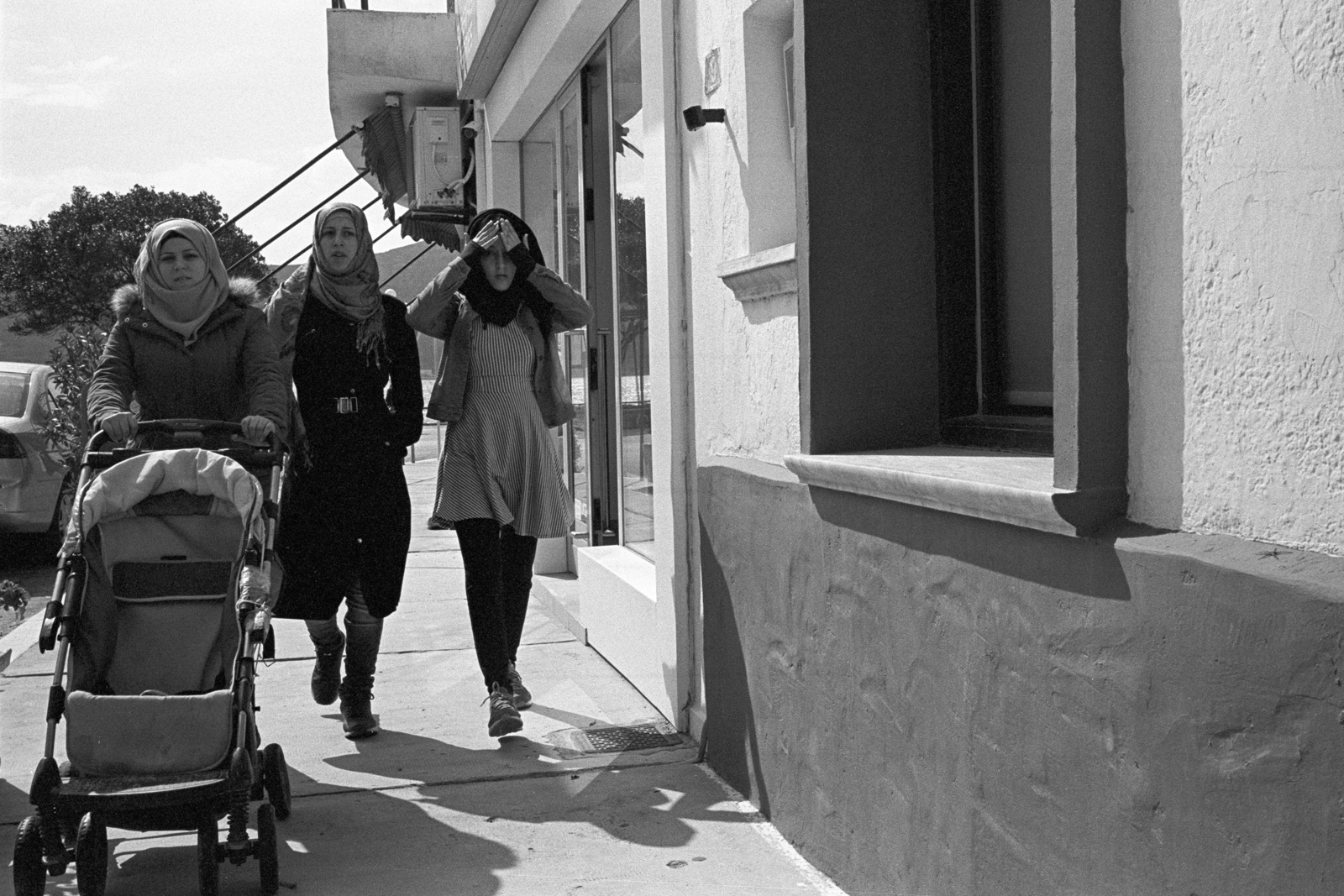







That’s it. Those were all shots from the first two test rolls with my new M7. The results may not be masterpieces of contemporary photography, but they please me to no end. And that’s what matters. Life is short. You should do what you love :) Even if (and especially so in the case of investing in Leica gear) it leaves you broke :p
